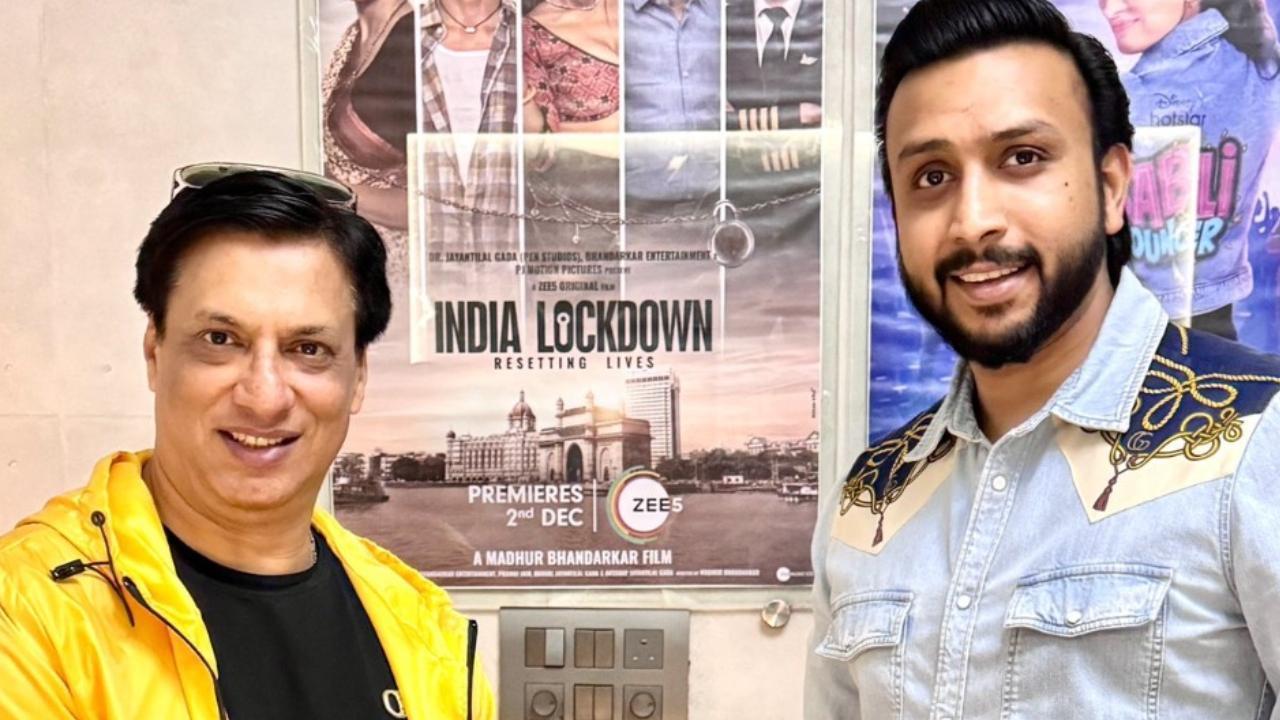
Bollywood actress Alia Bhatt is no stranger to the spotlight, but the recent release of her film “Jigra” has thrust her into the epicenter of a heated debate. Following the film’s release on October 11, Alia’s attempts to steer the narrative with positive publicity have drawn extensive scrutiny, particularly from the online community. The film, despite showcasing Alia Bhatt’s talent, received mixed reviews, leading to speculations about her employing strategic maneuvers to overshadow the negative backlash.
The controversy began when Alia Bhatt shared a positive review of the film on her Instagram, written by influencer Malvika Sitlani. Malvika praised “Jigra” as a heartfelt narrative, devoid of romance or dance sequences, instead focusing purely on performance and the love between siblings. Sitlani commended Alia for delivering her best performance, being “pure and beautiful inside and out.” In her Instagram story, Alia acknowledged the praise with a simple “Thank you, mals!” alongside the review. However, netizens were quick to point out that the positioning of her caption appeared to conveniently cover empty theater seats.
This move was perceived by the online community as a deliberate attempt to mask the underwhelming audience turnout, leading many to express their views on platforms like Reddit. One user remarked, “This is both hilarious and super embarrassing! Alia, KJo, Dharma, and her PR need to face the fact that this movie is a flop, and there’s no saving it now. Hiding empty seats or manipulating the narrative with PR won’t change the outcome.” This sentiment echoed across various social media platforms, highlighting the growing impatience among audiences with what they perceive as the film industry’s attempts at spin control.
Another user added to the discourse, noting the apparent disparity between Bhatt’s promotional activities and the actual reception of the film.
. They observed, “For a moment, even if I thought Bhusan’s wife was exaggerating, there are literally just three people here and one of them is Mals. Honestly, at this point, all the trolling against Alia and Karan would stop if they just accept Jigra is a failure, learn from their mistakes, and move on. The constant PR cover-up to make it seem like the movie is doing well is what’s making people hate/troll them more.”
Adding fuel to the fire, actor-filmmaker Divya Khossla publicly accused Alia Bhatt and the “Jigra” production team of inflating box office numbers despite the evident lack of audience attendance. This accusation prompted a series of cryptic responses from producer Karan Johar on social media, leading to a further back-and-forth exchange between him and Khossla. Compounding the film’s troubles, actor Bijou Thaangjam from Manipur accused the film’s producers of discriminatory practices. Thaangjam claimed he was stalled for months with promises of a role, only to be met with silence from the production team, an allegation that attracted considerable attention and sympathy towards his plight.
Despite the ongoing turmoil, “Jigra” directed by Vasan Bala, remains a topic of discussion both for its artistic choices and the ensuing controversies. The film’s attempt to depart from Bollywood’s conventional narrative styles and focus on raw performances is indeed a commendable effort. However, the extent to which the promotional strategies overshadow the artistic integrity of the film is now a matter of broad public discourse.
In the world of cinema, where audience reception holds paramount importance, “Jigra” has inadvertently reinforced the significance of authenticity both in storytelling and in promotional strategies. As “Jigra” navigates its turbulent journey in theaters, the industry and audiences alike are reminded of the delicate equilibrium between creating compelling cinema and how it’s marketed to the audience. While Alia Bhatt, known for her formidable acting prowess, continues to find her footing amidst the criticism, this episode underscores the ever-watchful eyes of the public and their swift response to perceived discrepancies.










